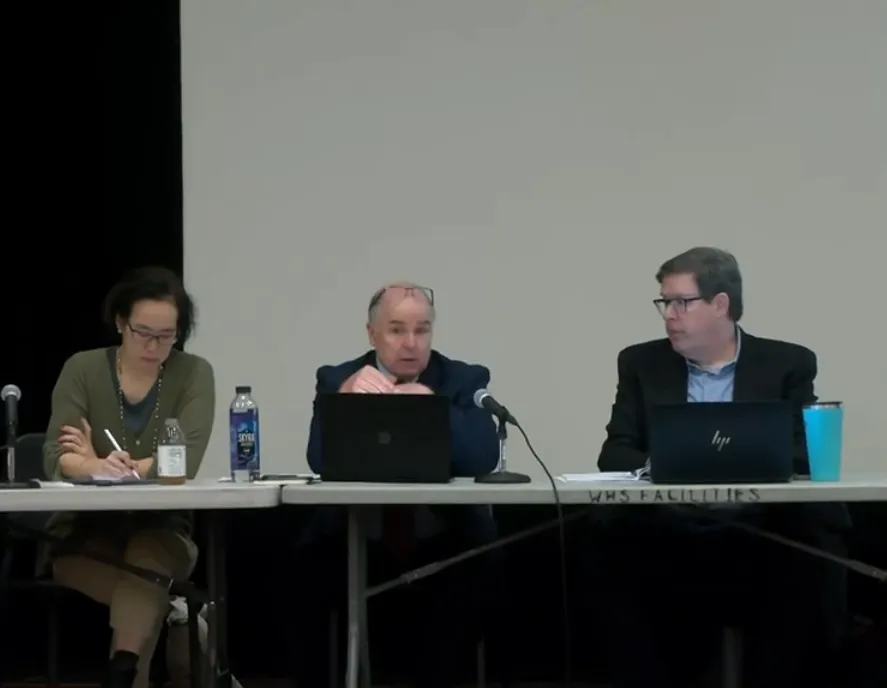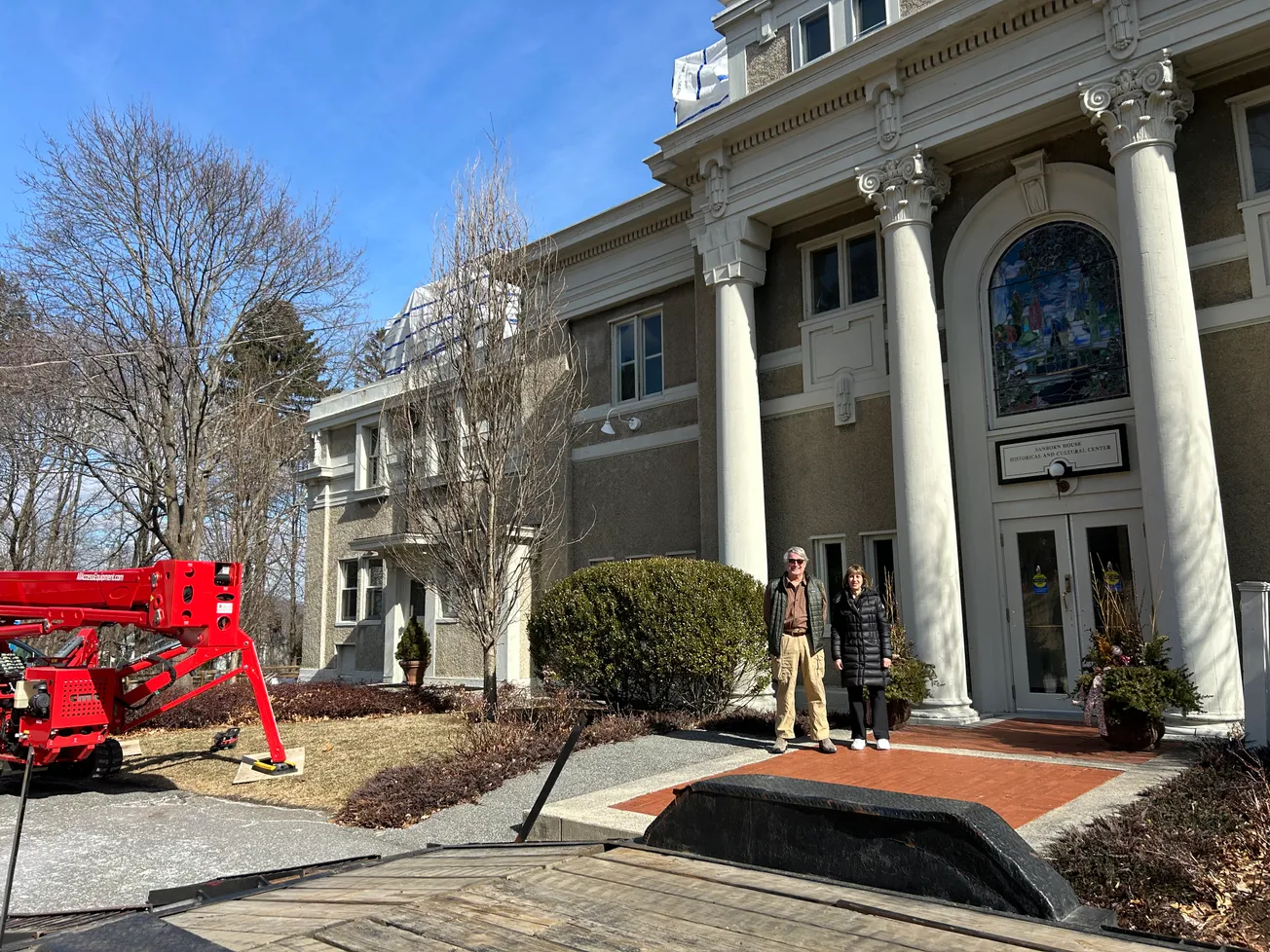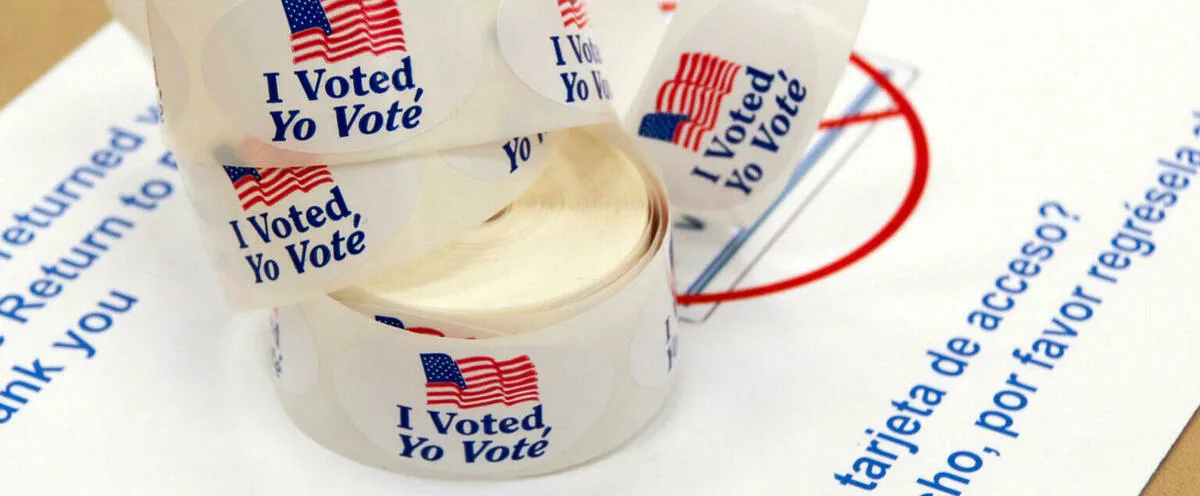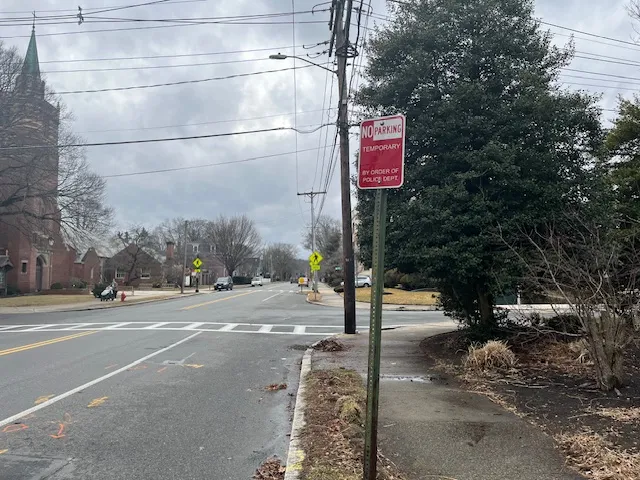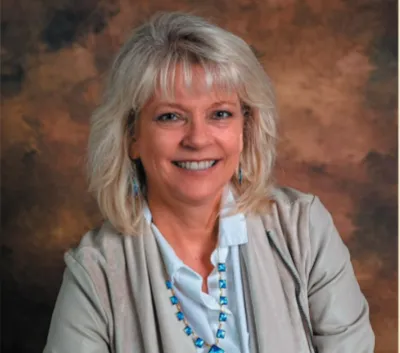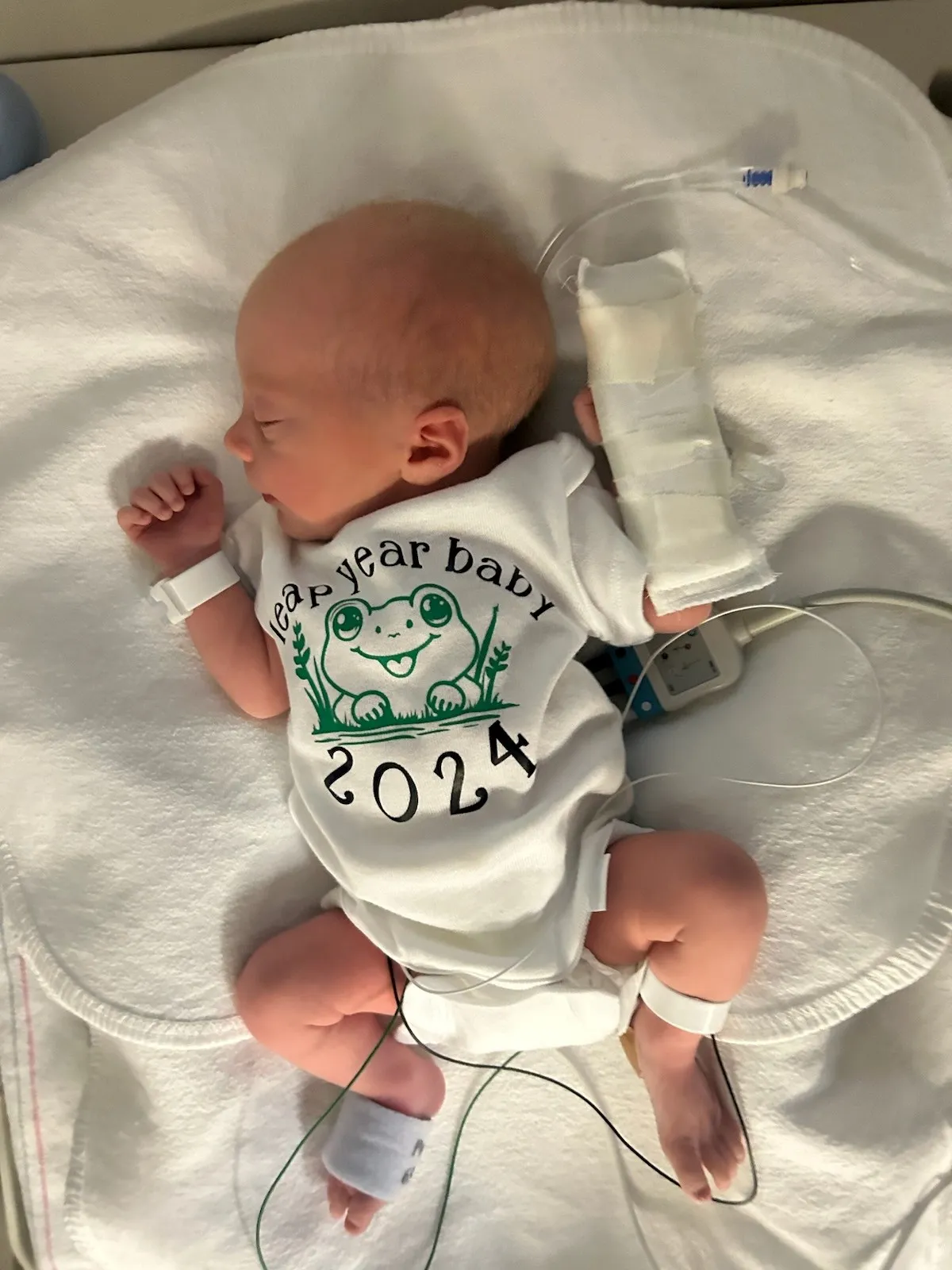Table of Contents
The school budget isn’t a lock yet. School officials have unanimously voted to support three initiatives for additional programming.
At the Jan. 30 School Committee meeting, Superintendent Dr. Frank Hackett gave another update on the fiscal year 2025 budget process.
As promised at a Jan. 23 public hearing, Hackett presented three initiatives he would propose for an additional $336,750 to $390,750 to the budget: adding math specialists at the elementary level, starting an extended-day elementary literacy program and boosting the performing arts program at McCall Middle School.
Currently, the town has only one staff member to coordinate math services across all the elementary schools, but Hackett suggested adding one math specialist per school over a three-year period, including two in fiscal year 2025 for $145,000. The specialists would provide “instructional and student support, as well as coaching of staff” similar to what is done for reading already.
To address the need for more literacy support, Hackett proposed providing three days per week of extended day programming at all five elementary schools, across two 15-week sessions. The first session would be a pilot program, after which the response would be evaluated. So as not to exclude students whose parents couldn’t provide transportation in the afternoon, the School Department would add another tier of buses to its current schedule.
Hackett said the cost for hiring teachers for the program would be $40,500 to $67,500 for each 15-week session, or $81,000 to $135,000 for all 30 weeks, plus an estimated $60,750 for 30 weeks of transportation; which “is a lot of service for not a huge amount of money. I think it’s doable,” but noted that it could be difficult to hire enough teachers to staff such a program.
Lastly, Hackett advocated for an additional $50,000 of seed funding for expanding the performing arts program at the middle school. He noted the last override funded one position for this.
“It would be nice if we could do more, put on a McCall performing arts production... signal that we value performing arts,” Hackett said. “I think it would provide students who aren’t otherwise inclined to play athletics or do instruments an opportunity to really try something, experience it.”
Although the costs of these initiatives are not covered in the current iteration of the FY25 budget, Hackett said things could change before September to free up additional funding, including unexpected retirements, movement between positions, out-of-district cost decreases, and other enrollment changes.
However, he cautioned those factors “go both ways” meaning the district could be left with less available funding come September.
The School Committee ultimately voted a placeholder amount of $500,000 to cover all three initiatives, with room for additional professional development support for teachers, as well as armored neck guards for all high school hockey players next year in accordance with the recent USA Hockey ruling.
School Committee members communicated that, although it might be difficult to obtain the extra funding from the town, it was important to push for it and demonstrate the need by asking for it.
“We consistently hear from the Finance Committee and the Select Board that we need to cut our budget year over year, even our level funded budgets that have not had a lot of program improvement,” said member Michelle Bergstrom, expressing her support. “So I love that we have really detailed out the cost of what something like this is because I think half of communicating our need is communicating the cost.”
Of the extended day literacy program, Bergstrom said there is evidence that more exposure and practice is helpful to students.
“It might help bridge a gap for some of our families and take the burden off of some of those families whose kids are really struggling with literacy and build that into our tax funding and our budget,” she said.
She added an extra level of math specialists at the elementary schools would be helpful in supporting teachers as well.
“I like that we’re proposing things that are going to serve students directly,” said member Shamus Brady, adding his support and highlighting the need for funding flexibility with respect to the literacy curriculum. “I think we also need to give ourselves some room because we’re going to be doing work this spring and I don’t want us to do work and then find out that we don’t have any funds to take any steps next year [since whatever we do will be a multi-year process].”
Chair Tom Hopcroft expressed concern about the limited budget landscape perpetually facing Winchester.
“I am troubled about the structural challenges we have as a town around finance, and looking at how the budgets work here in School Committee where the contractual steps and lanes [for staff] basically use up more of our space than the town will even give us, and so every year we’re fighting,” he said. “It seems like every year we come back with a fractional Mandarin teacher or some very small piece.
“I think the town will need to do something around its finances and I think we should bring [these initiatives] to the town,” he continued. “These are the needs that we’re articulating here.”
Hackett noted that overhauling the literacy curriculum is a big undertaking, including the initial funding outlay, as well as ongoing year-over-year costs and professional development; and in total, could cost upwards of $1,000,000.
He said if the town decides to invest in a “curriculum in a box”, “we’re going to be living with that for 10 years and so the town needs to make sure it chooses wisely,” adding that, of the literacy curricula that DESE recommends on its website, “not one of them has any data on student achievement.”
“To advocate for anything right now without the benefit of [research], I don’t want to go into a situation where we really don’t know what we’re getting,” Hackett said. “I don’t see how we do that when 1% of the budget is $600K. We’d be rolling in at 7 or 8%.”
Reiterating the point that there is a lot of pressure every year from Finance Committee and Town Meeting to limit school budget increases, Hackett continued, “we go into this knowing that there are people who, it is their goal or their job, they really believe, to cut us. I’m trying to be mindful of what is realistic.”
In summarizing his support for the additional funding, Hopcroft said it’s better to try to make room for it now, than to try to add it later in the process.
“The practicality is that it’s harder to add it in as our budget is developed over the next several months than to take something out,” he said.
The committee concluded the meeting by voting unanimously in favor of the $500,000 increase, a 5.53% over the fiscal year 2024 budget, bringing the total education budget for fiscal year 2025 to $66,691,952.60.
Winchester News is supported by our community. Please donate to support our work.

